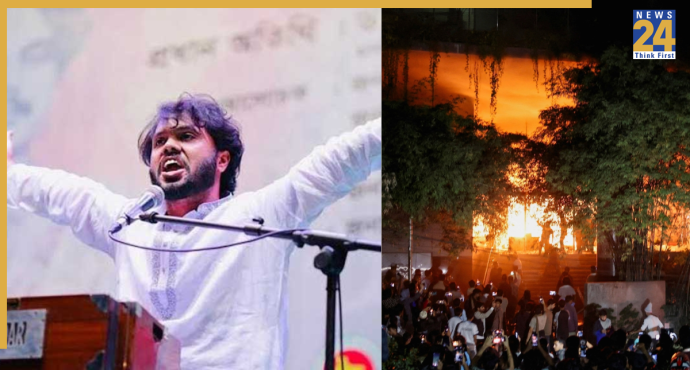In a significant ruling today, the Supreme Court declared that the Enforcement Directorate (ED) and its officials are prohibited from arresting a defendant under Section 19 of the Prevention of Money Laundering Act (PMLA) once the Special Court has acknowledged the money laundering complaint.
According to reports, Justices Abhay S Oka and Ujjal Bhuyan emphasized that if the ED seeks custody of such a defendant, it must make an application to the special court.
#BREAKING #SupremeCourt holds that ED and its officers cannot arrest an accused as per Section 19 of the PMLA after the Special Court has taken cognizance of the complaint.
If the ED wants custody of such accused, ED will have to apply to Court for custody. pic.twitter.com/ajewbYoxPn
---Advertisement---— Live Law (@LiveLawIndia) May 16, 2024
After the Special Court acknowledges the offense under Section 4 of the PMLA based on a complaint under Section 44, the ED and its officers lack the authority to exercise powers under Section 19 to arrest the individual named as the accused in the complaint. If the ED seeks custody of the accused, who appears after receiving summons for further investigation of the same offense, it must apply to the Special Court. The Special Court must then hear the accused and decide on the application, providing brief reasons for its decision. The court may grant custody only if it determines, after hearing the accused, that custodial interrogation is necessary, even if the accused was never arrested under Section 19.
Also Read: Chaos Erupts On Delhi-Vadodara Air India Flight As Fake ‘Bomb’ Note Discovered In Toilet
The verdict was rendered in a case questioning whether an accused in a money laundering case must satisfy the rigorous twin-test for bail, even when the special court acknowledges the offense.
The Supreme Court, after reserving its judgment on April 30, scrutinized whether an accused, who was not arrested during the investigation under PMLA, would still be bound by the law’s bail conditions upon appearing before the court subsequent to the trial court acknowledging the ED complaint and summoning the individual.
The apex court raised doubts about whether the accused could request bail under the standard provisions of the Code of Criminal Procedure (CrPC) upon appearing in response to the summons issued by the special court under the PMLA.













